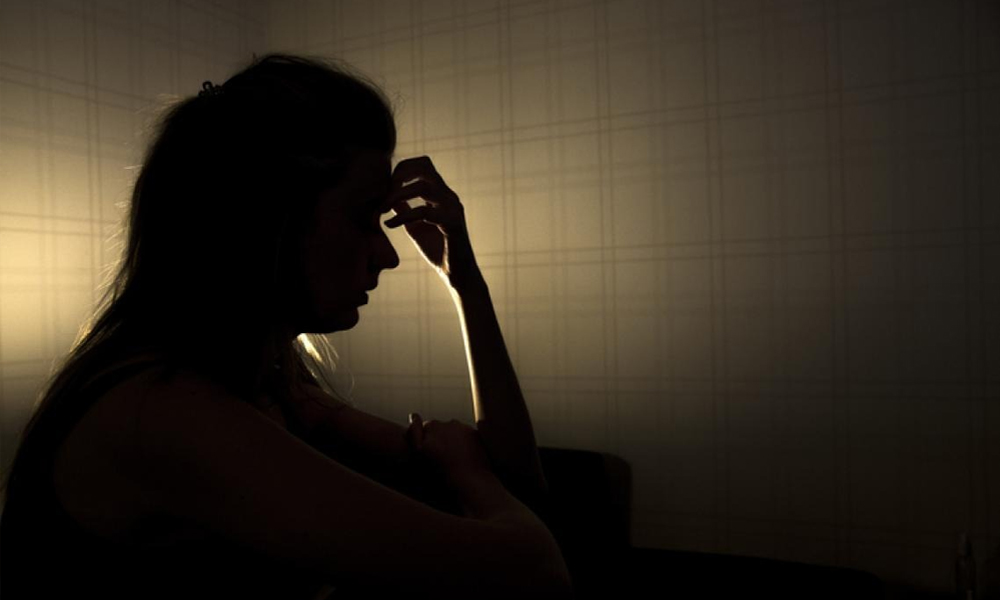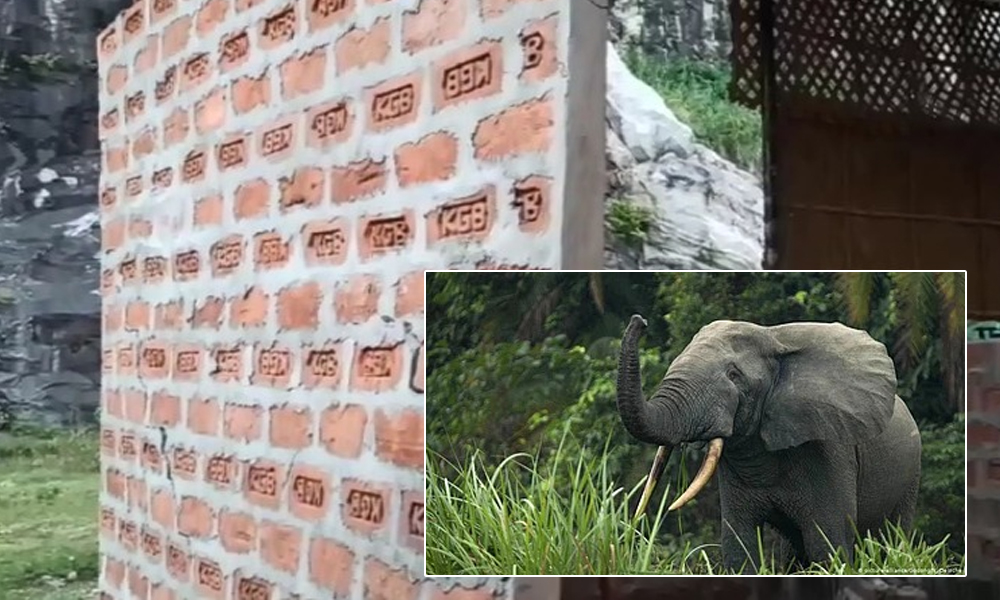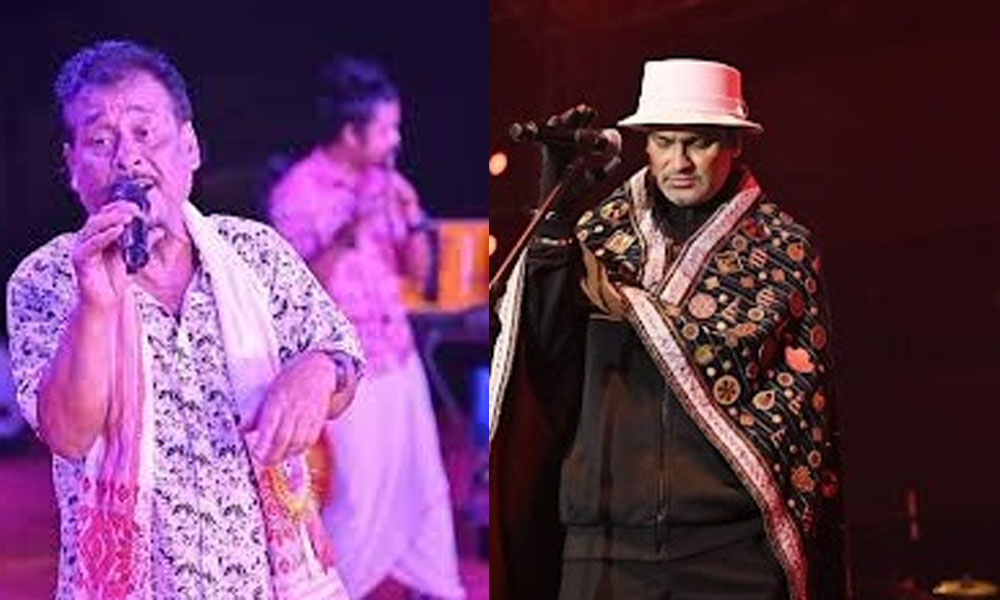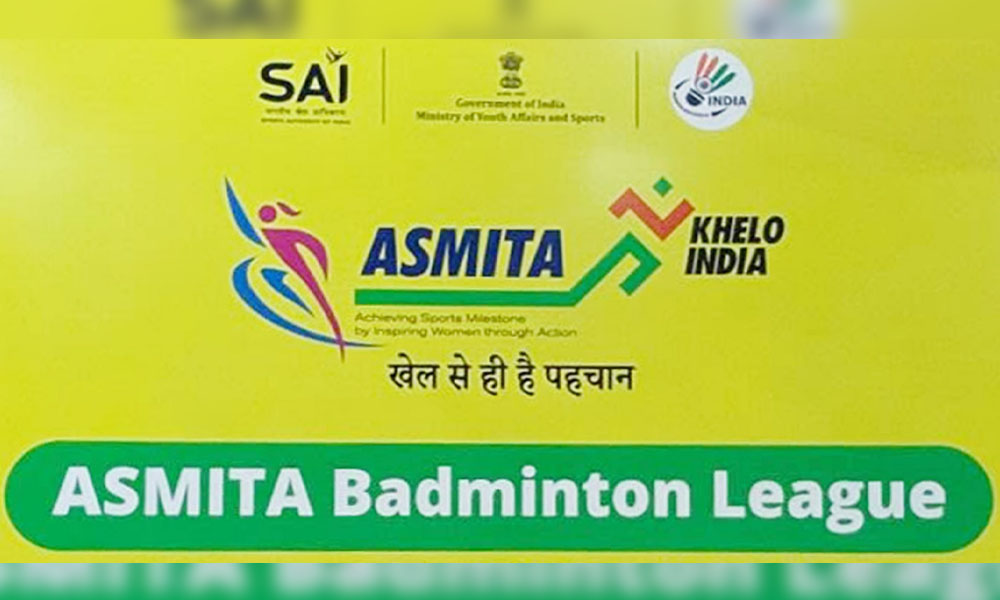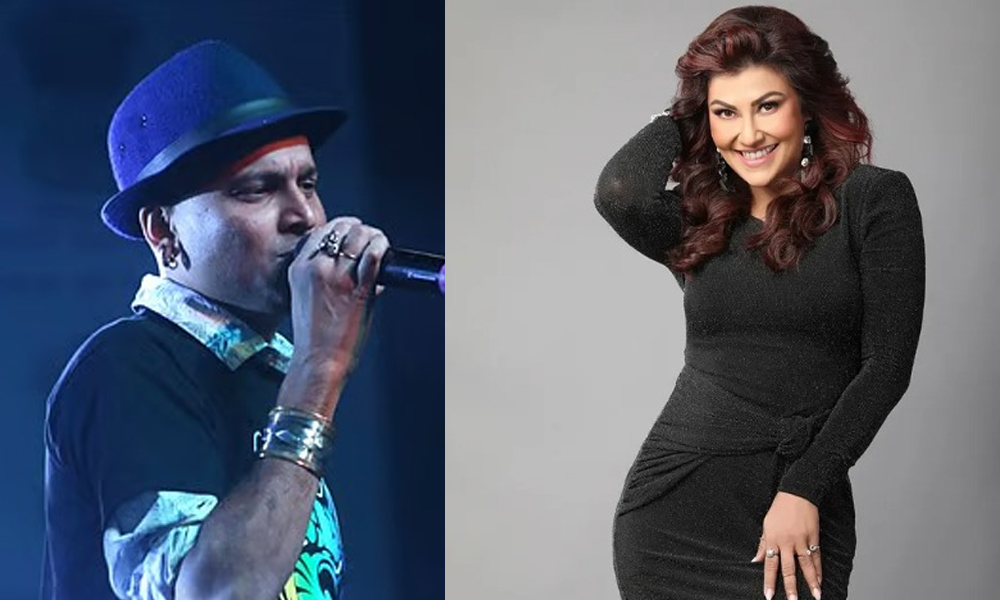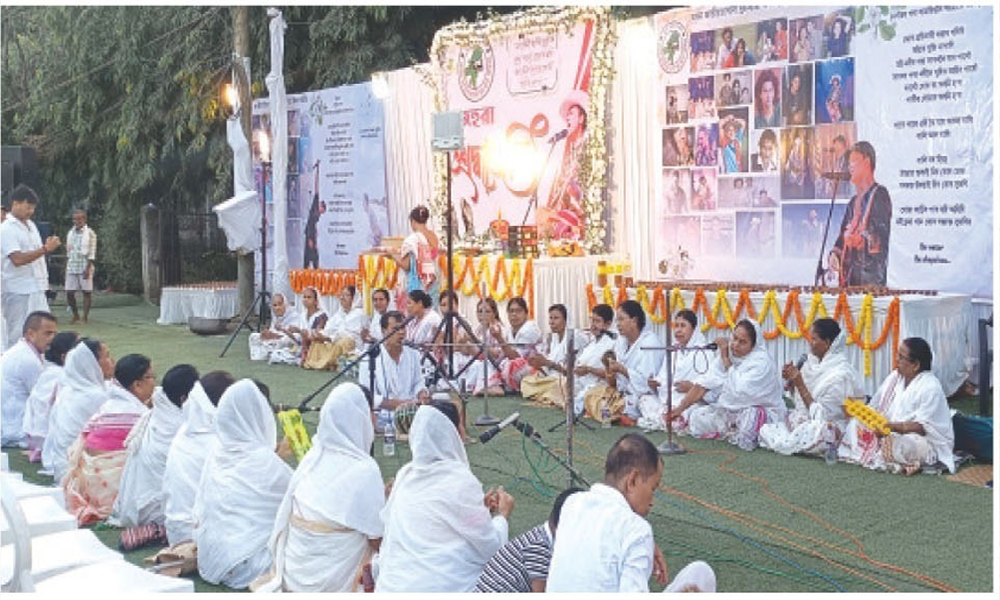In June 2020, the mother shared videos on her social media channels showing her two small children, a 14-year-old boy and an 8-year-old girl, drawing on her semi-nude body.
Digital
Desk: The
Kerala High Court declared Monday that "nudity and obscenity are not
always synonymous" as it dismissed a women's rights activist in a
Protection of Children from Sexual Offences (POCSO) case involving her two
children, raising concerns about patriarchal prejudices about a woman's nude
body.
In his 28-page decision,
Justice Kauser Edappagath stated, "It is incorrect to describe nudity as
basically vulgar, even indecent or immoral... While the liberty of a male body
is rarely called into question, the autonomy of women is constantly threatened
by patriarchal structures... Because a naked female body is solely used for
sensual purposes, female nudity is considered a taboo."
The HC decision was based on a revision plea filed by the
33-year-old women's rights activist, who was fighting a May 2022 Ernakulam
POCSO court judgement refusing to dismiss her. In June 2020, the mother shared
videos on her social media channels showing her two small children, a
14-year-old boy and an 8-year-old girl, drawing on her semi-nude body.
The video provoked "massive outrage," prompting
Ernakulam police to file an FIR against her for obscenity under a section of the
Indian Penal Code (IPC) as well as several sections of the POCSO Act of 2012,
the Information Technology Act of 2000, and the Juvenile Justice (Care and
Protection of Children) Act of 2015.
The activist had used
the hashtag "Body Art and Politics" to share the "controversial"
video.
The judge ruled that painting on a person's naked upper body,
whether a man or a woman, cannot be considered a sexually explicit act,
particularly in the case at hand, because the message accompanying the video
clearly stated that the body painting was done as a "artistic form of
protest against sexualised portrayal of a woman's naked upper body."
According to the judge,
the social activist's film was intended to expose society's double standard and
to teach her children that a naked body is "more than just a sexual
object."
"Here is a case in which a mother who tried to challenge
patriarchal stereotypes and spread the message that there should be nothing
sexual or offensive about the naked female body by exposing her children to her
semi-naked body was saddled with criminal charges alleging that she exploited
her own children for sexual gratification." What began as a body art
project for a mother and her children with control of the narrative turned out
to be a "criminal act," according to the judge.
The judge ruled that the movie was a "innocent artistic expression" of women's physical autonomy and independence, which is at the heart of a woman's fundamental right to equality, privacy, and personal liberty.






